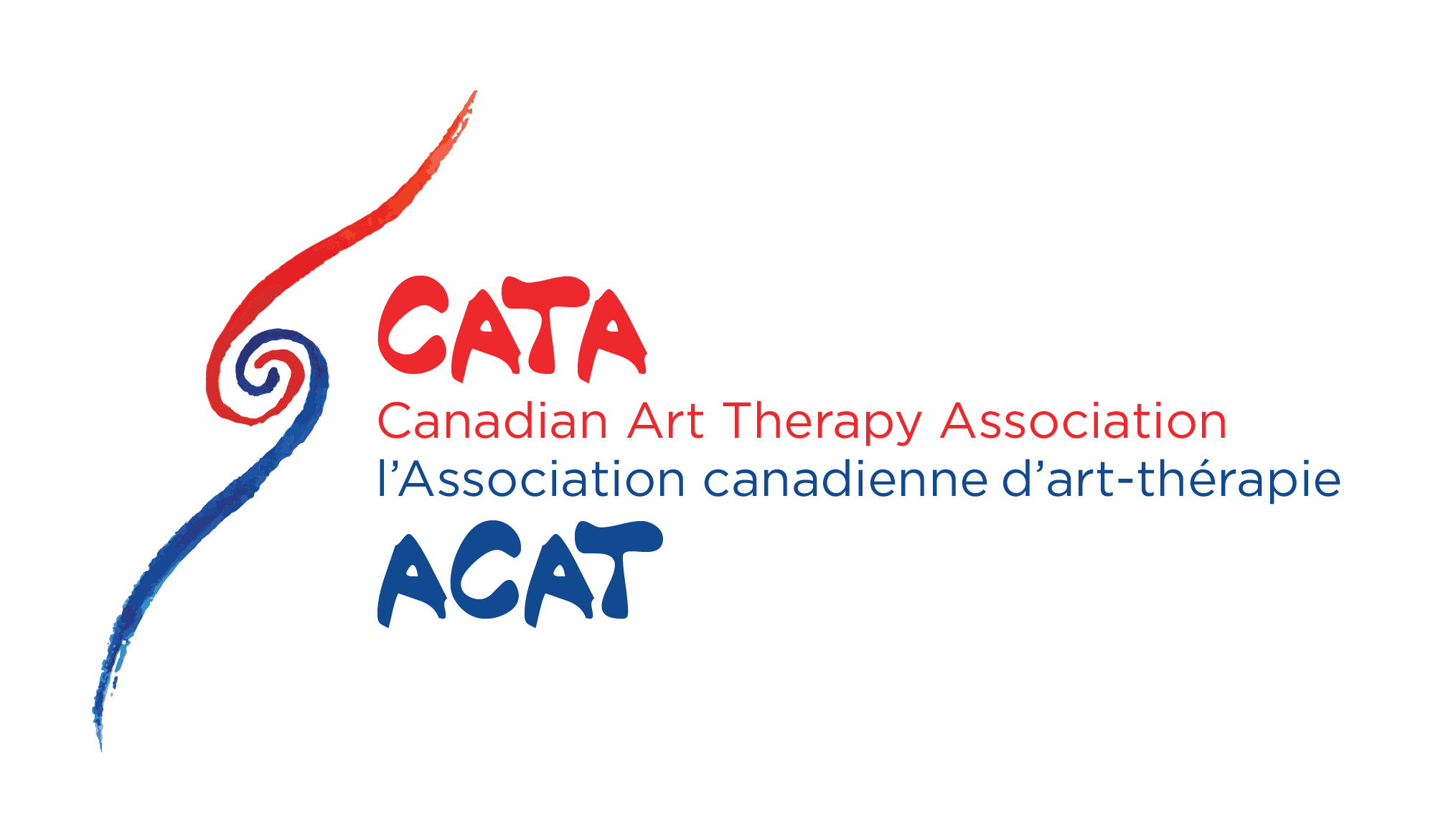Call for Papers: Celebrating Change in Art Therapy Through Inclusive Collaboration and Transformation
Canadian Journal of Art Therapy: Call for Papers
Celebrating Change in Art Therapy Through Inclusive Collaboration and Transformation
Submission Deadline: January 15, 2025
In collaboration with the Ontario Art Therapy Association (OATA), the Canadian Journal of Art Therapy: Research, Practice, and Issues // Revue canadienne d’art-thérapie : recherche, pratique et enjeux invites research manuscript submissions for a special issue inspired by the 2024 conference theme: “Navigating Together and Creating Inclusive Spaces: Celebrating Change through Art Therapy.”
This special issue will explore the transformative impacts of art therapy in fostering inclusive, collaborative, and equitable spaces for healing and growth across boundaries and with diverse groups of people. As the field of art therapy continues to evolve with new information, critiques, challenges, and practice insights, we recognize the importance of embracing diversity, challenging oppressive systems, and fostering change through innovative and culturally responsive practices through a Two-Eyed Seeing approach.
The 2024 CATA conference committee defines the meaningful pillars that the 2024 conference explores:
Navigating Together highlights the importance of fostering collaborative, warm, and reciprocal support within our ever-growing and diverse art therapy community.
Research submissions are encouraged to explore methodologies that prioritize ethical collaboration, such as participatory action research, which involves co-creating knowledge with community members and other art therapy allies. Studies that highlight ethical considerations in maintaining reciprocity and mutual respect within interdisciplinary teams or cross-cultural settings are particularly welcome.Creating Inclusive Spaces emphasizes commitment to nurturing environments where all perspectives are valued, amplified, and respected. Submissions should investigate the potential of artmaking and therapy to overcome systemic obstacles, dismantle oppression, and champion diversity while ensuring equitable access to healing resources.
Researchers are encouraged to integrate methodologies such as critical ethnography, feminist research, and arts-based inquiry, which are aligned with decolonial, cultural humility, and anti-oppressive frameworks. These approaches should highlight ethical practices that prevent the extraction of knowledge from marginalized communities and instead promote empowerment and inclusivity.Celebrating Change invites art therapists and scholars to explore how art therapy can ethically cultivate personal growth, resilience, and transformation for all participants, including clients and practitioners.
Submissions should consider how embracing change within therapeutic practice can lead to ethical and sustainable growth. Researchers are encouraged to explore new techniques and research methodologies, such as longitudinal studies, narrative inquiry, and mixed-methods approaches, arts-based research, and autoethnographies that can offer deep insights into the evolving needs of diverse populations and our natural environment. The focus should be on ethical adaptability, ensuring that art therapy practices remain relevant and responsive to changing societal and environmental landscapes while upholding the dignity and autonomy of all participants.
We seek contributions that reflect these three tenats while creating spaces that honor all voices, lenses, and perspectives, particularly those historically marginalized. Articles, grounded within diverse research methodologies and theoretical frameworks, may explore following topics that are grouped into our submission categories:
Art Therapy Research:
Original empirical studies that explore innovative approaches to art therapy practice within diverse communities.
Research that examines the impact of collaborative and inclusive art therapy interventions.
Studies that address the challenges and successes of integrating anti-colonial, anti-oppressive, and Indigenized methodologies in art therapy.Art Therapy in Practice:
Descriptions of front-line art therapy programs that prioritize inclusivity and cultural safety.
Case studies highlighting the integration of BIPOC and Western ways of knowing in practice.
Practical tools and approaches for fostering collaboration and community building through art therapy.Art Therapy Approaches:
Theoretical discussions on the role of art therapy in social justice, decolonization, and anti-oppression.
Inquiries into the historical and contemporary use of art therapy to create inclusive spaces.
Reflections on the intersection of art therapy with other therapeutic modalities in promoting diversity and equity.Soundings:
Artistic responses that celebrate the power of art therapy to inspire change and foster resilience.
Expressive and poetic inquiries into the experience of navigating diverse therapeutic landscapes.
Proposals for new directions in art therapy that emphasize inclusivity and collaboration.Anti-Colonial, Indigenous, and/or Two-Eyed Seeing Approaches to Art Therapy:
Submissions that center Indigenous voices and methodologies in art therapy research and practice.
Stories, poetic inquiries, and arts-based research that challenge colonial narratives and celebrate Indigenous ways of knowing.
Contributions that highlight the importance of Two-Eyed Seeing in creating culturally safe and inclusive art therapy practices.Book Reviews:
Reviews of recent publications that align with the themes of inclusivity, collaboration, and transformative change in art therapy.
Analyses that explore how these works contribute to the ongoing evolution of the field.
Submission Guidelines: All submissions should adhere to the APA Publication Manual (7th edition) and comply with the Canadian Art Therapy Association’s Standards of Practice. Submissions should also reflect the journal's commitment to ethical, anti-oppressive, and actively decolonizing research practices.
Deadline for Submissions: January 15, 2025
For more information, visit our website or contact the editorial team at journal@canadianarttherapy.org
Join us in this vital conversation and exploration as we navigate together, create inclusive spaces, and celebrate the power of change through art therapy.
Sincerely,
Haley Toll
Editor
Canadian Journal of Art Therapy: Research, Practice, and Issues
Revue canadienne d’art-thérapie : recherche, pratique et enjeux
For more information, please see: https://www.canadianarttherapy.org/submissions/
